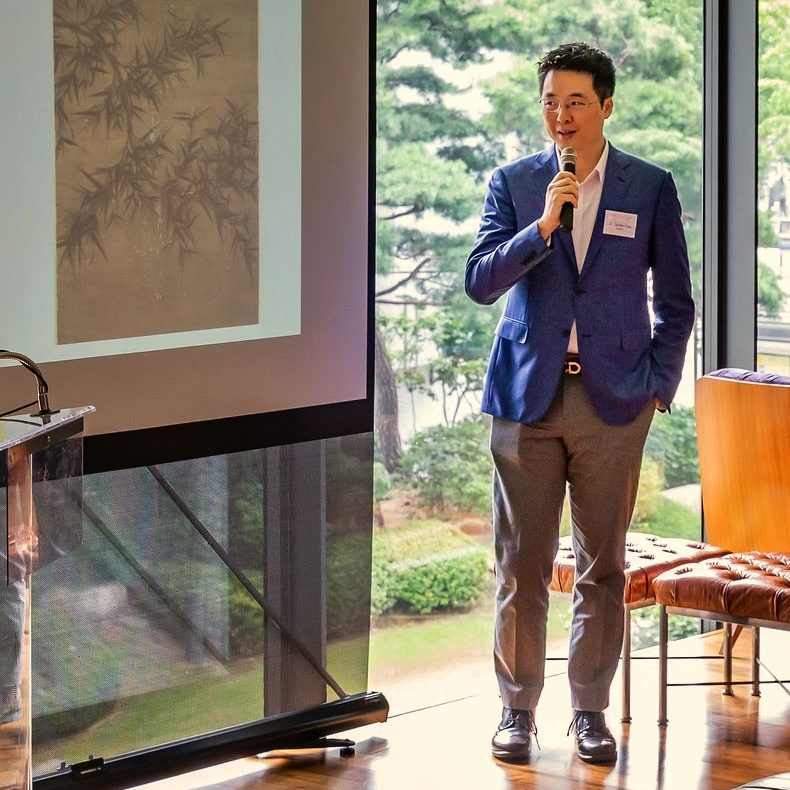
I am a Canadian medievalist, digital historian, and technologist based in Hong Kong. My first name is a tribute to my childhood in Buenos Aires, of which I have many fond memories. I have called Vancouver, Boston, Hong Kong, Seoul, and the Hague my home.
I currently work as Assistant Professor of Digital Humanities in the Department of History at the University of Hong Kong, where I teach in the new Bachelor of Arts in Humanities and Digital Technologies programme. Prior to moving to Hong Kong, I was Associate Professor of East Asian Studies in the College of Liberal Studies at Seoul National University. I received my BA and MA education in Asian Studies at the University of British Columbia and PhD in East Asian Languages and Civilizations at Harvard University.
Medieval Korea
As a historian of medieval Korea, I am writing two monographs. The first one argues for the medieval origins of a Korean collective identity and the role that post-Tang Confucianism played in that process. My preliminary thoughts on this topic are articulated in my guest editor’s introduction to the June 2019 issue of Seoul Journal of Korean Studies.
The second book is a longitudinal study of the various figures and clans involved in Korea’s medieval identity formation and its transformation into a Confucian society. In order to facilitate this research, I am constructing a Neo4j graph database that interconnects thousands of records drawn from South Korea’s impressive collection of digitized historical databases. The Jupyter notebooks and data sets pertaining to this research are available on my Medieval Yangban GitHub page.

Big Data Studies Lab (BDSL)
Since 2019, I have led a digital humanities research group called the Big Data Studies Lab (BDSL). BDSL conducts experimental research that rethinks the fundamentals of the humanities in the Zettabyte era. How do we deal with sources distributed across millions of servers? Or digital artifacts that increasingly take the form of audiovisual content, 3D point clouds, and holograms? Our search for the new normal in the humanities is currently supported by the Dean’s Development Fund in the Faculty of Arts at the University of Hong Kong. From 2019 to 2022, BDSL received the generous support of Seoul National University via the prestigious Innovative and Pioneering Researchers Scheme.
BDSL aspires to develop a global and balanced understanding of big data from a humanities perspective. Our international research team consults sources in English, Spanish, Korean, Chinese, Danish, Norwegian, and other languages.
BDSL is committed to maintaining a high standard of research, with an emphasis on technological literacy and methodological rigor. Our objective is not hasty theorization but rather to empirically demonstrate our arguments through experiments and field research. We thoroughly verify all facts, reports, whitepapers, and data sets cited in our published papers and blog posts, and we promptly correct any errors or misleading information we discover.
For more information, please visit the Big Data Studies Lab homepage.

Traveling & Personal
Before COVID-19, I used to travel a lot. Few things in life I find more delightful than encountering new cultures and, especially, trying new types of cuisine. I actively post on Instagram (@javiercha), which mostly features photos of food, travel, my wife, and our miniature pinscher, Bailey.


